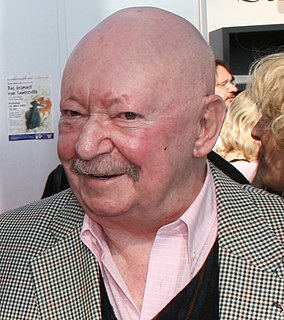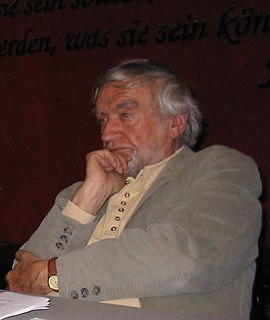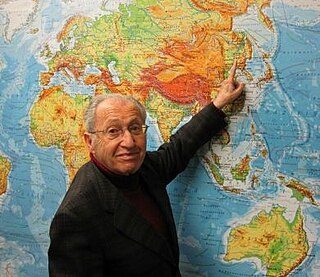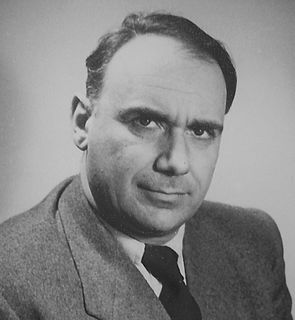Michael Meert (born 1953 in Bonn, Germany) is a German film author and director. He is the grandson of the Flemish politician and writer Leo Meert and the bohemian violinist Stephanie Prinz.
Michael Meert (born 1953 in Bonn, Germany) is a German film author and director. He is the grandson of the Flemish politician and writer Leo Meert and the bohemian violinist Stephanie Prinz.
From 1976 to 1981 Michael Meert studied at the German Film and Television Academy Berlin (dffb), where he met Andrei Tarkovsky, Joris Ivens and Johan van der Keuken. Later he attended the Masterclass of Edvard Bernstein−Zebrowski and Krzysztof Kieslowski for three years. Along with many others, he founded the “Video-Movement” and worked on a great number of videos within the “grass-roots movement” of video art. After his highly acclaimed feature film “Krieg der Töne” (ZDF, 1988) he worked along the border between documentary and video art and now he devotes his work mainly to TV movies with a highly poetic style for a broader public.

Carl Eduard Sachau was a German orientalist.

Helke Sander is a German feminist film director, author, actress, activist, and educator. She is known primarily for her documentary work and contributions to the women's movement in the seventies and eighties.

Christoph Meckel was a German author and graphic artist. He received awards for his works which connect illustrations with the written text, sometimes texts by others.

Christian Thielemann is a German conductor. He is currently chief conductor of the Staatskapelle Dresden and the director of the Salzburg Easter Festival.

Günter Kunert was a German writer. Based in East Berlin, he published poetry from 1947, supported by Bertold Brecht. After he had signed a petition against the deprivation of the citizenship of Wolf Biermann in 1976, he lost his SED membership, and moved to the West two years later. He is regarded as a versatile German writer who wrote short stories, essays, autobiographical works, film scripts and novels. He received international honorary doctorates and awards.
Heinrich Joseph Floß, or Floss, was a church historian and moral theologian in the 19th century. As a professor of theology at the University of Bonn, he edited a collection of the work of John Duns Scotus, the Franciscan theologian. During the Kulturkampf, Floss was constrained by the anti-Catholic legislation.
James Reynolds studied contemporary music under John Adams, as well as percussion at the San Francisco Conservatory of Music and composition in Cologne under Michael von Biel. Informed by many different influences – from Neue Musik, Broadway and European music theatre to avant-garde synthpop – Reynolds’ compositions explore the combination of words, sounds and images. He was Composer in Residence at the Stiftung Laurenz-Haus in Basel and Visiting Artist at the University of California, Santa Barbara. For over three decades, he has written music for literary productions, thrillers, fairytales and children’s radio plays for West German Radio (WDR/Cologne). His compositions for music theatre, dance-theatre, film and television productions are performed and broadcast for and to an international audience.

Dominik Graf is a German film director. He studied film direction at University of Television and Film Munich, from where he graduated in 1975. While he has directed several theatrically released feature films since the 1980s, he more often finds work in television, focussing primarily on the genres police drama, thriller and crime mystery, although he has also made comedies, melodramas, documentaries and essay films. He is an active participant in public discourse about the values of genre film in Germany, through numerous articles, and interviews, some of which have been collected into a book.

Gerhard Zwerenz was a German writer and politician. From 1994 until 1998 he was a member of the Bundestag for the Party of Democratic Socialism (PDS).
Konrad Repgen was a German historian and a professor emeritus (retired) at the University of Bonn. He was revered for his work on contemporary church history.
Elisabeth Eleonore Büning is a German music journalist and writer, known for her opera reviews in the Frankfurter Allgemeine Zeitung.

For the composer, see Christian Hartmann (composer).
Rainer Cadenbach was a German musicologist and University professor.

Hellmut Stern was a German violinist who played principal violin with the Berlin Philharmonic. He published his autobiography in 1990, narrating his life in exile in China from 1938, Israel from 1949, and the U.S. from 1956, and his return to Berlin in 1961. Through his membership of the board of the Berlin Philharmonic, he initiated the orchestra's first tour to Israel.
Sieghard Brandenburg was a German musicologist, who stood out especially as a Beethoven researcher.
Friedrich Hermann Schubert was a German historian.
Stephan Ley was a German music educator, Beethoven researcher and musicologist.

Harry Goldschmidt was a Swiss musicologist.
Bodo Balthasar von Dewitz was a German art historian. His work focused on historical photography.

Annette Dittert is a German author, filmmaker, correspondent, and journalist.